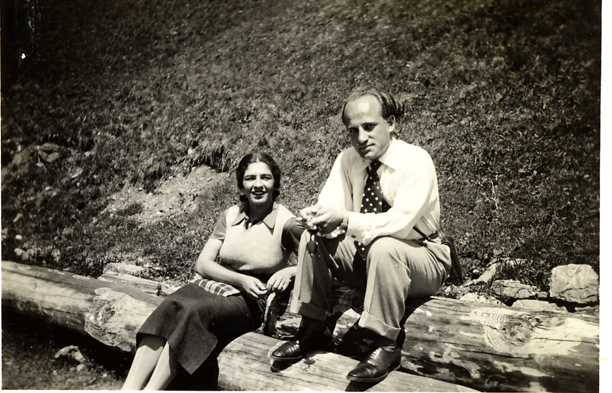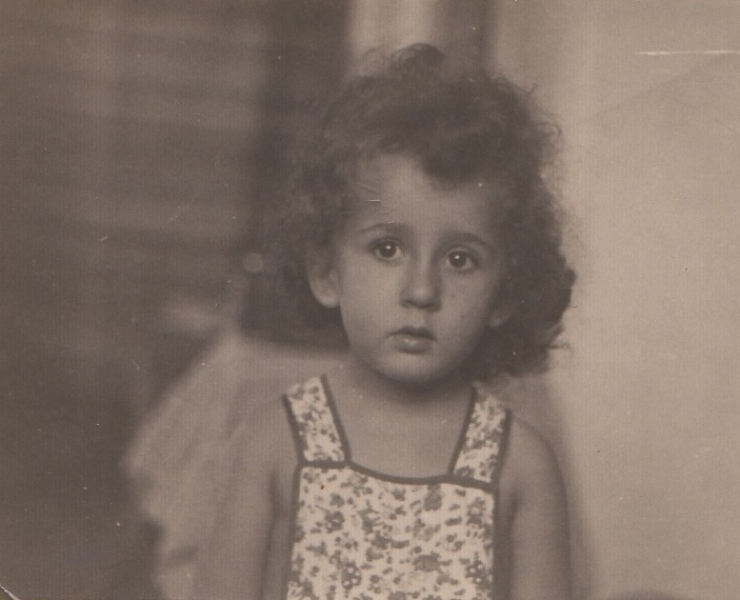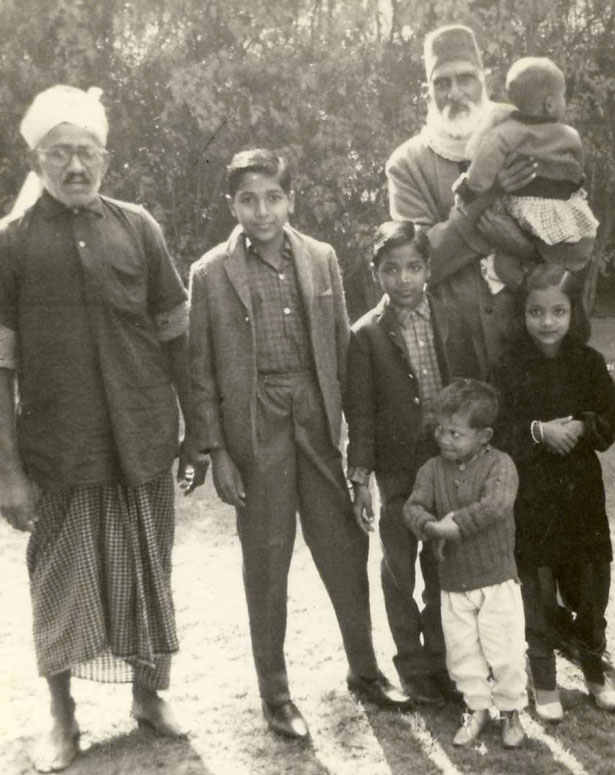Her second home, 13 Gulberg 5, was now owned by lawyer Raza Kazim, formerly associated with the Indian National Congress before Partition and the Pakistan Peoples Party during its early stages. Through Raza’s wife, Rashida, Hazel was introduced to National College of Arts Film and TV Department Head Shireen Pasha.
Hazel joined Rashida and Pasha in filming the efforts of activist Hyder Ibrahim, who was working to resettle the flood victims of the time in a project called Resettling the Indus.
So began another journey in Pakistan, one that made her return again in 2012 and 2013. “I was overwhelmed. I had found Lahore again,” she says, once again using the word as a substitute for Pakistan, despite working in Southern Punjab rather than in the beloved city of her childhood. “Now I was involved in other peoples’ narrative.”
A narrative of the future, rather than of the past that she had come to find. But the past continues to hold a special place in Hazel’s heart and she shares it with all who care to listen. “I put together a presentation called The Other Pakistan that talked about my experiences in Pakistan and how wildly it contrasted with what we often hear. I gave five of them in the US and two in Berlin, Germany.”
Refuge in Pakistan

Herman Selzer and Kate Selzer. PHOTO: HAZEL KAHAN
The wheels of fate that resulted in Hazel’s affiliation with Pakistan were moving on a long winding road even before she was born. “My parents were fleeing from Hitler and I will forever be grateful to Pakistan for giving us the refuge we needed back then.”
Herman Selzer and Kate Selzer were a young couple studying medicine together when they had to leave Germany, where, after 1933, Jews were not allowed to study medicine.
They made their way to Italy, where they graduated from the University of Rome. But Europe was no safe place for Jews during that time and someone in passing mentioned the crown jewel of the British Empire — India. “My father, who had completed his studies before my mother, left Rome and took a ship, I think from Naples, I can’t remember for certain, to Palestine where his parents and siblings had resettled after fleeing Europe, and then sailed to what was back then Ceylon [modern day Sri Lanka] from there. Through there they arrived in India.”
In India, Dr Herman soon found out getting work was easier said than done. “Here he was just another European doctor and they had more than enough of them. It wasn’t until he came to Lahore that he found a place to start a medical practice.”
In Lahore, the Selzers had their first daughter, naming her Hazel. A son, Michael, followed soon after. But life was to take a drastic turn for the worse. “In 1941, three years after arriving in Lahore, we were sent to an internment camp near Puna because they were stateless. They were labelled ‘enemy aliens’. I was two at the time and my brother was three months old.”

Hazel as a young girl. PHOTO: HAZEL KAHAN
When they were released, nearly years later on August 26, 1946, the movement for an independent state for the Muslims was well and truly underway but Hazel recalls there was little discrimination against her family both before and after Partition. “Everyone was very friendly towards us because we were one of the ‘people of the book’. They knew we were Jewish, but they were ok with it.”
However, having suffered a life of constant hardship due to their religion, the Selzers were not very keen on flaunting it either. “My parents were secular and we only half-celebrated the Jewish holidays.”

Hazel’s parents Herman Selzer and Kate Selzer in Pakistan. PHOTO: HAZEL KAHAN
For more than two decades, the Selzers practiced medicine in first one and then another of their two spacious villas, and their medical reputation spread as their clinical practice grew.
But then the Six-Day War broke out. Suddenly Jews and Muslims of lands far away were enemies.
Pakistan as they knew it — hospitable, friendly, welcoming…home — was about to change drastically. “Articles started appearing in newspapers slandering my father,” recalls Hazel. “They started facing problems in banks and at other such institutions. Suddenly being Jewish mattered.”
Over the next couple of years, the sense of alienation grew and the Selzers were forced into doing what they had never even contemplated. “My parents wanted to spend the rest of their lives in Pakistan. After retiring, they planned to set up a mobile clinic and travel across the Punjab and what was back then then North-West Frontier Province.”
But they knew they couldn’t stay once relations had broken down, with Israel’s War of Attrition further increasing the Muslim-Jew divide.
And so in 1971, with heavy baggage and a heavier heart, the Selzers said farewell to the land that they had grown to love, the land that they were forever thankful to for providing them with refuge and welcome when they needed it the most — once again driven away from their home for being Jewish.
It has been 45 years since then and while relations between the two religions remain as fractious as ever across the globe, Hazel Kahan refuses to let go of the memories of yesteryears.
For her, Lahore will always be “my Lahore”.
PHOTO: HAZEL KAHAN











